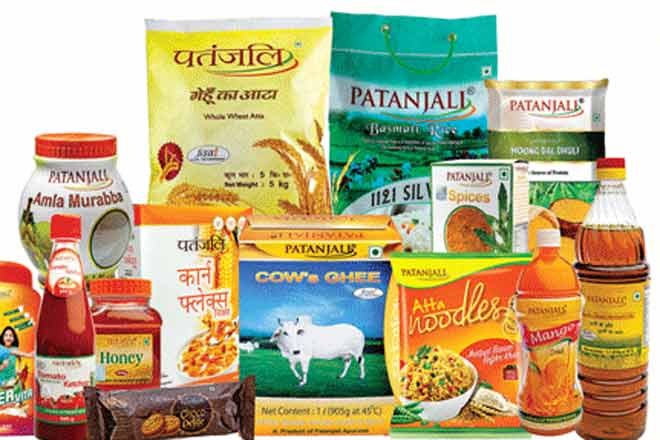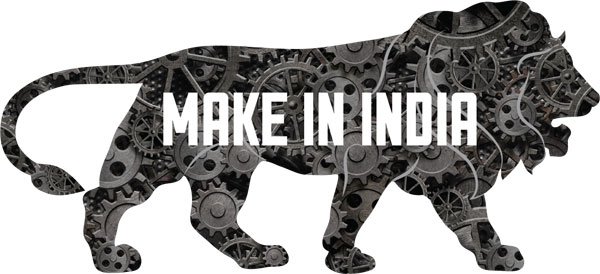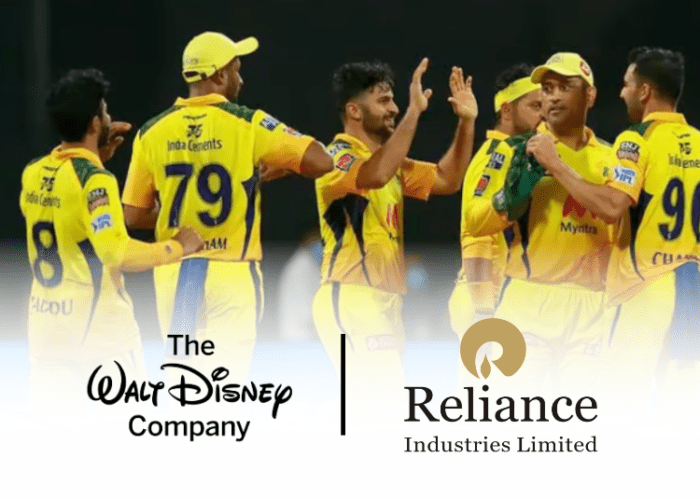Marketing strategies have changed a lot in past few years. Customers have become more aware of the products they buy and companies have to make sure that they are selling quality products to the modern-day consumer, especially in the FMCG industry because the things we consume have big impacts on our health.
Patanjali has become the most popular FMCG brand in a very short span of time.
It was not easy to achieve the top position as there are many big players in this industry that were ruling this market for decades. Before launching Patanjali, Baba Ramdev made sure to make Indians aware of the Yoga, Vedic culture and Ayurvedic products He interacted people with Yoga and now he is helping people consume ayurvedic products in daily life. Quality products, reasonable pricing and aggressive marketing are the pillars of Patanjali’s success.
In this article, we are trying to focus on the modern brand strategies that Patanjali Ayurved used to compete with multinational brands like Colgate, P&G and Unilever.
Single brand strategy

Colgate, P&G and Unilever all have many brands to sell different products but Patanjali stands out because it sells a wide range of products under a single brand. In this over-branded world, each brand requires its own marketing and promotion which is not that easy to manage. Having a single brand has one big negative that is if one category of products fails to impress buyers it will affect the sale of other products too.
Influence of popular owner

Unlike all other big players in FMCG market, Patanjali’s co-founder Baba Ramdev is very popular among Indian people and customers relate to him easily as compared to the owners of multinational companies.
Make in India

Also Read: Here’s Why Pulse Ruled Indian Candy Market
The Indian government is taking big initiatives to encourage companies to make their products in India. Customers also feel proud when they contribute to this by buying things that are made in the country. Patanjali’s profit is earned and shared in India. The expansion of Indian companies can bring employment in the country also.












